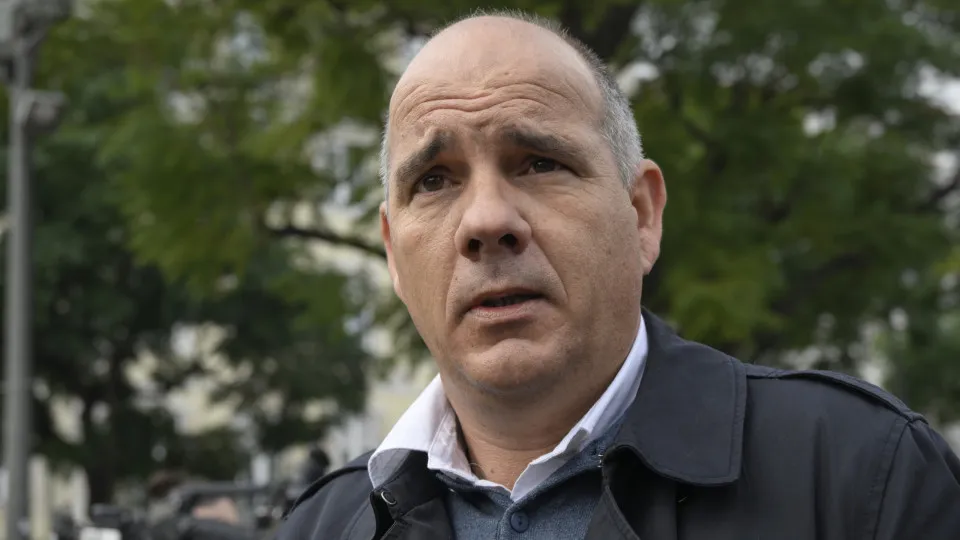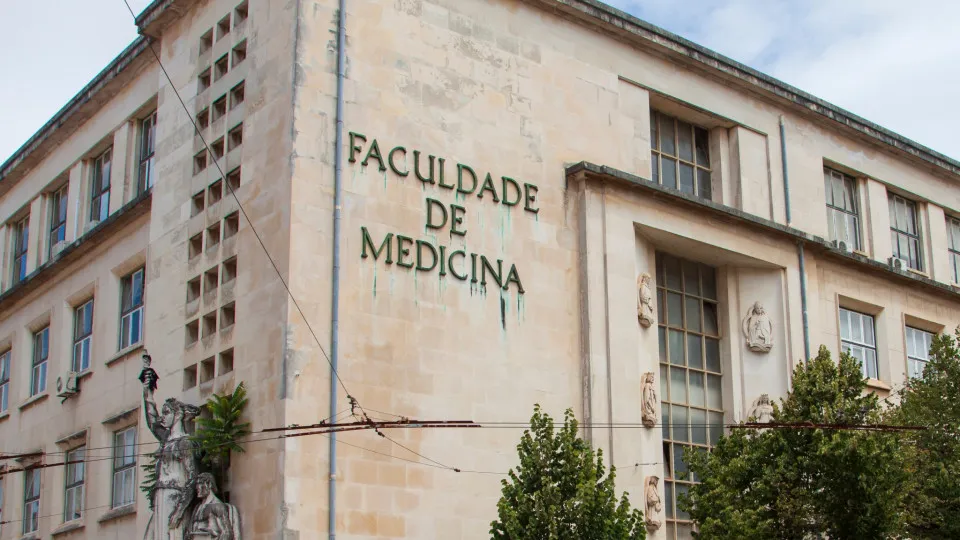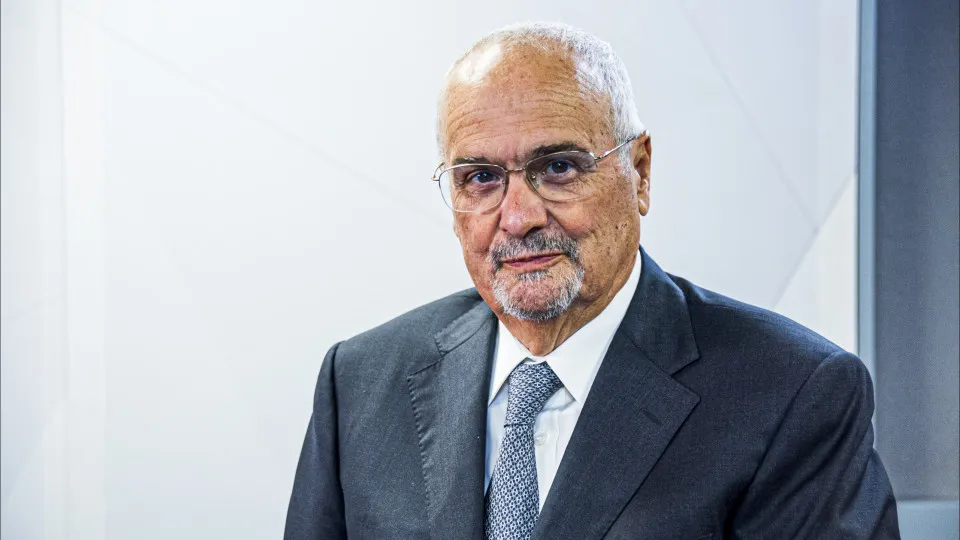
These are some of the conclusions from the study “The Voice of Teachers: Motivations, Challenges, and Barriers to Career Development,” conducted by researchers from the School of Business & Economics at Nova University Lisbon (Nova SBE) and the School of Economics, Management and Political Science at the University of Minho, based on interviews conducted this year with more than four thousand teachers and school directors.
The vast majority of respondents (81%) chose the teaching career as their first professional choice, and seven out of ten say they would do it again, citing the love for teaching, the relationship with students, and the sense of mission as the main reasons to continue in the profession.
However, one in five teachers admitted they might leave the career in the next five years, a figure that rises to 54% among teachers under 30.
For Luís Catela Nunes from Nova SBE, the desire to change professions “does not mean they are dissatisfied.” Researchers asked if they considered the possibility of leaving the profession, and many said it was an option, but the reasons for leaving teaching were not given.
“There could be many reasons. Perhaps among the younger ones, it might be related to salaries, but there could be many other factors, such as being at the start of their careers and wanting to explore other professional opportunities,” emphasized Luís Catela Nunes.
This view is shared by Miguel Herdade from the Semapa Foundation – Pedro Queiroz Pereira, noting that while older generations were not accustomed to changing professions, younger ones now look at “other career possibilities.”
The study promoted by the Semapa Foundation argues for the need to create conditions for the retention and appreciation of teachers, especially since there is a shortage of teachers in schools, and many desire to retire.
Among teachers aged at least 60, seven in ten plan to retire as soon as possible, but the remaining 30% are open to continuing in schools after the minimum retirement age, motivated primarily by the joy of teaching (77%).
The chronic shortage of teachers in schools, especially in the regions of Lisbon, Alentejo, and Algarve, has led the Ministry of Education to design a program to attract new professionals as well as retain those still teaching and even extend working beyond retirement age.
In discussions with researchers, respondents highlighted the need for changes in the profession, echoing union voices: better working conditions, less administrative burden, modernization of infrastructure, and more teachers and staff to support those already in the classroom, especially with the increasing number of foreign students and those with special educational needs.
Teachers emphasize the urgent need to focus on mental health and well-being, as well as the development of classroom strategies to deal with indiscipline.
In a comparison between private and public education, researchers found that one in four private school teachers (24%) admitted they might soon start teaching in a public school. Another 18% expressed indecision when questioned about a possible transition to public education.
In a comparison between younger and older teachers, about 60% believe that colleagues starting their careers enter schools with weaker pedagogical and scientific training and are unaware of existing formal orientation programs.
Meanwhile, continuous training is nearly universal, with 99% of teachers participating in training programs, mainly in the areas of educational technologies, disciplinary updates, and pedagogical methodologies.




